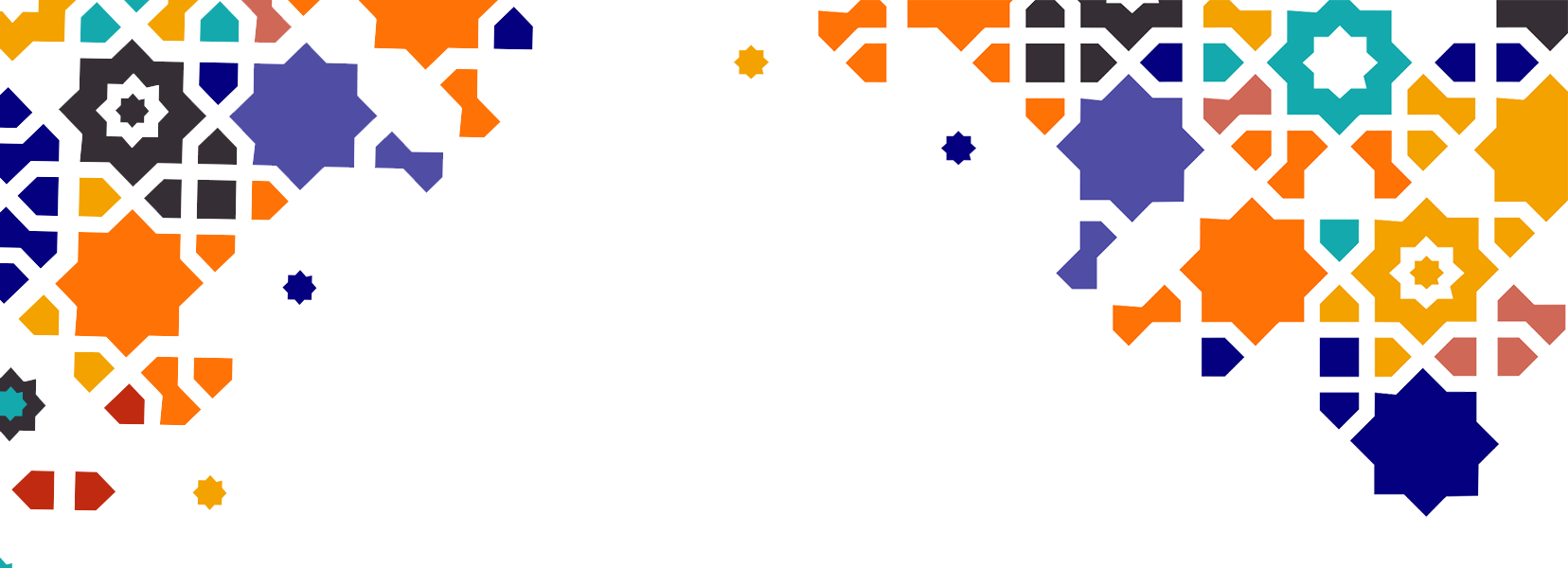
Morocco’s role in the 2030 FIFA World Cup: a central part in a historic edition

A project that embodies Morocco’s ambitions
For decades, Morocco has aspired to host a World Cup. After five unsuccessful bids, most recently for the 2026 edition, the kingdom’s efforts have finally paid off. As a co-host, Morocco will host several matches, cementing its status as a sporting hub in Africa. Morocco’s selection is based on several strengths. First, the country boasts modern sports infrastructure, including the Mohammed V Stadium in Casablanca, the Grand Stadium of Marrakech, and the Tangier Stadium, which recently hosted the 2023 FIFA Club World Cup final. These venues will undergo further upgrades to meet FIFA’s high standards. Second, Morocco’s strategic geographic position, close to Europe, combined with its proven track record in hosting international sporting events such as the Africa Cup of Nations and the African Nations Championship, makes it a natural choice.
This co-organization also sends a strong message: Africa is ready to play a central role on the global sporting stage. It symbolizes unprecedented transcontinental cooperation between Europe and Africa, reinforcing Morocco’s position as a bridge between the two continents.
Expected economic and social benefits
Hosting the 2030 World Cup presents a unique opportunity for Morocco, with significant economic benefits. Projections estimate that the event could generate billions of dirhams in direct and indirect revenues. The tourism sector, in particular, is set to see a surge in international visitors drawn not only to the matches but also to Morocco’s cultural and natural attractions, such as Marrakech, Chefchaouen, and the Sahara Desert.
Thousands of jobs will be created across various sectors, from stadium construction and renovation to hospitality and services. Moreover, the event is expected to accelerate the development of transportation infrastructure, including railways and airports, enhancing Morocco’s long-term economic appeal.
On a social level, the World Cup represents an opportunity to unite Moroccans around a shared national project. Football is a national passion, as demonstrated by the euphoric response to Morocco’s historic semi-final run at the 2022 World Cup, the first by an African and Arab nation. This tournament will further strengthen national pride and unity.
Logistical and environmental challenges
An event of this scale is not without challenges. Logistically, Morocco will need to coordinate closely with its European partners to ensure a seamless experience for teams and fans. This includes synchronizing schedules, standardizing infrastructure, and streamlining administrative processes such as visa arrangements.
Environmental impact poses another major challenge. FIFA has pledged to make the 2030 World Cup the most sustainable in history, which will require significant efforts. Morocco will need to invest in eco-friendly solutions, such as using renewable energy to power stadiums, reducing plastic waste, and promoting eco-friendly transportation to limit carbon emissions. Raising awareness among fans about responsible practices will also be crucial. Campaigns to encourage environmentally conscious behavior among both local citizens and international visitors could be key to achieving sustainability goals.
A diplomatic and cultural opportunity
Beyond football, the 2030 World Cup offers Morocco an exceptional platform on the international stage. The kingdom will have the chance to showcase its rich and diverse culture through parallel events such as festivals and exhibitions during the tournament. These initiatives will reinforce Morocco’s image as a dynamic, modern, and welcoming destination.
Diplomatically, this co-hosting arrangement is the result of a well-executed strategy by Morocco. By partnering with two European powers, the kingdom is strengthening its ties with the European Union while asserting its leadership role in Africa. This cooperation could pave the way for future partnerships in areas such as trade, energy, and education.
A symbol of national ambition
Morocco’s participation in the 2030 World Cup is more than just a sporting milestone, it is a reflection of the country’s ambition to position itself as a key player on the global stage. By engaging in this co-organization, Morocco is not merely celebrating football; it is reaffirming its role as a bridge between Europe and Africa and its commitment to sustainable and inclusive development. For Moroccans, this tournament will be a chance to showcase their legendary hospitality and demonstrate that the kingdom is ready to rise to the challenge of hosting a global event.
Sources :
https://fnh.ma/article/actualite-economique/politiques-publiques-coupe-monde-2030
https://fnh.ma/article/actualite-economique/ide-impact-mondial-can-maroc

